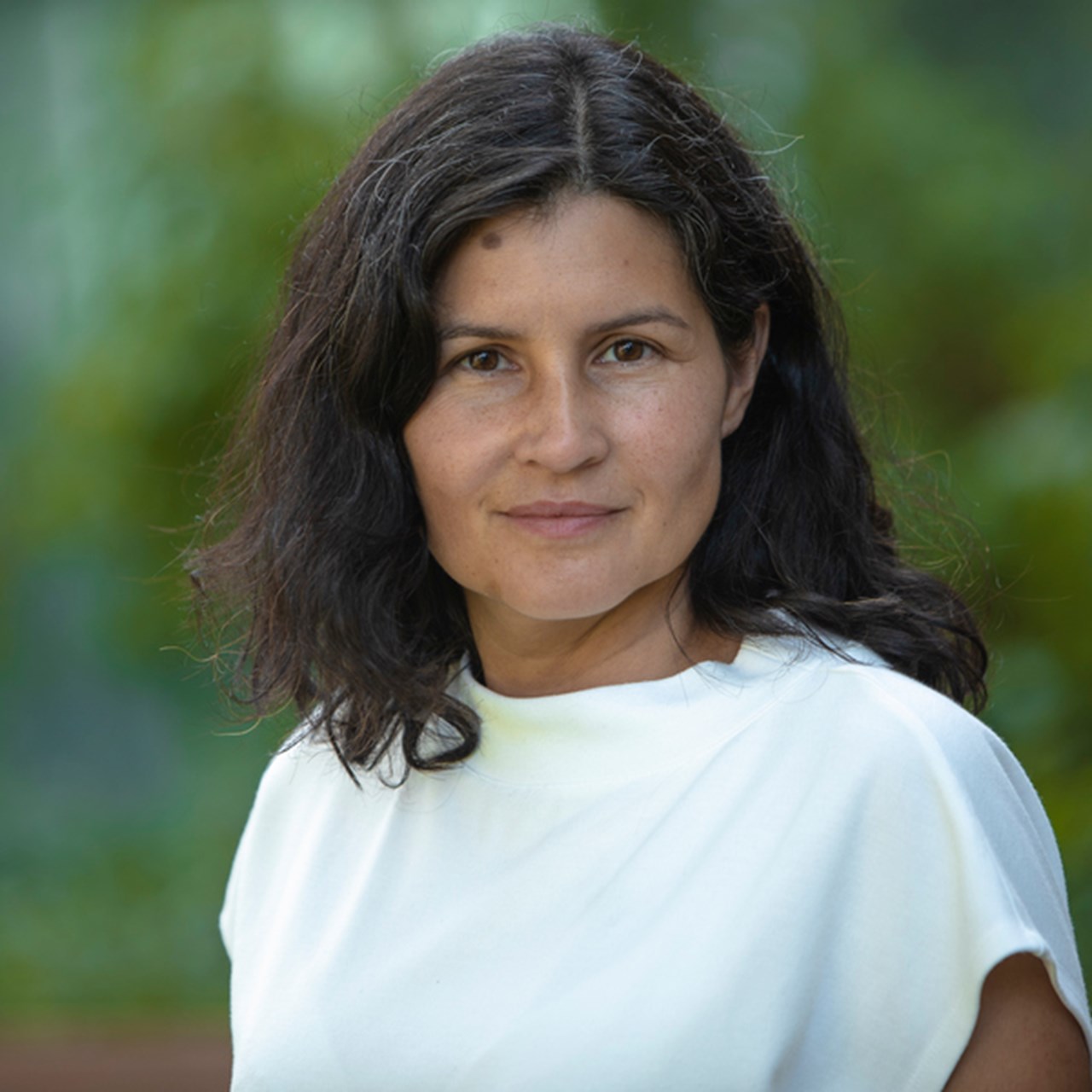Government inquiry
In December 2023, the government appointed the inquiry Införande av grundläggande svenska och översyn av modersmålsundervisningen (Dir. 2023:175) (eng transl. Introduction of basic Swedish and review of mother tongue teaching), which in part 2 was to review mother tongue teaching with the aim of ensuring that it does not negatively affect integration or pupils' knowledge development in the Swedish language and, if necessary, propose measures to ensure that mother tongue teaching does not have such effects.
The report På språklig grund (SOU 2025:9) was published on 31 January 2025. The report emphasises, among other things, that mother tongue teaching provides value in itself and that its purpose should be refined. The report also notes that mother tongue teaching has not been shown to have a negative impact on integration.



